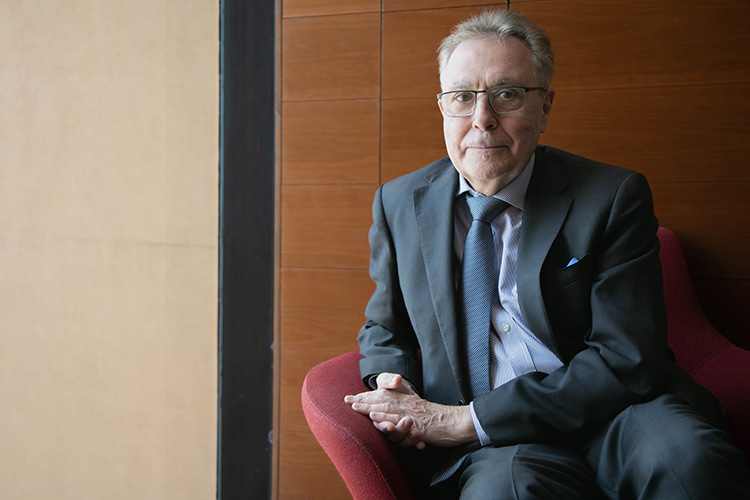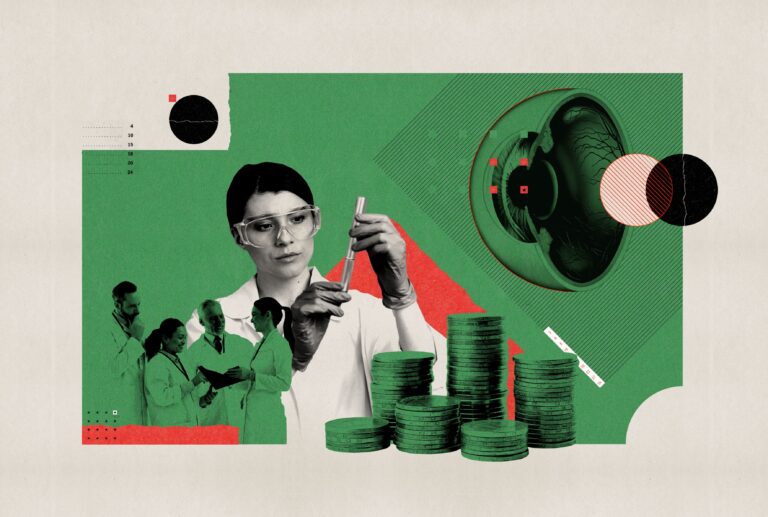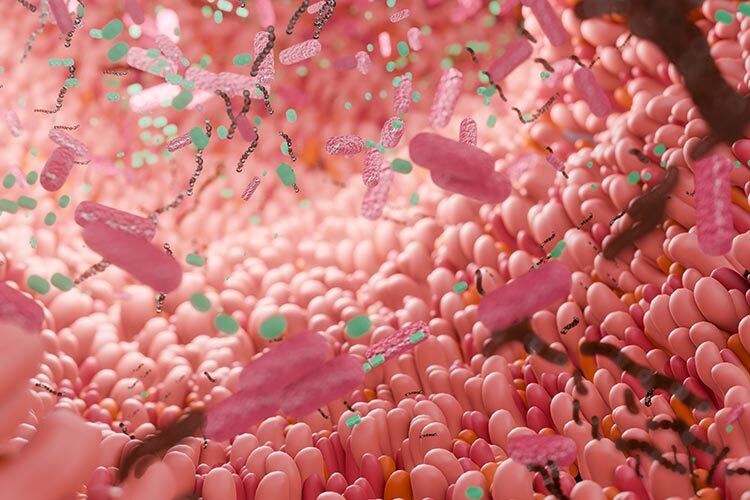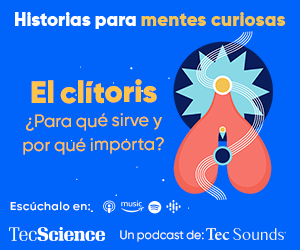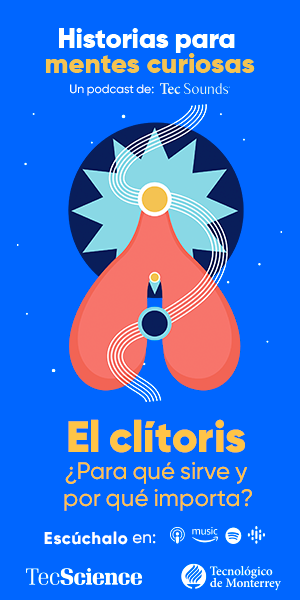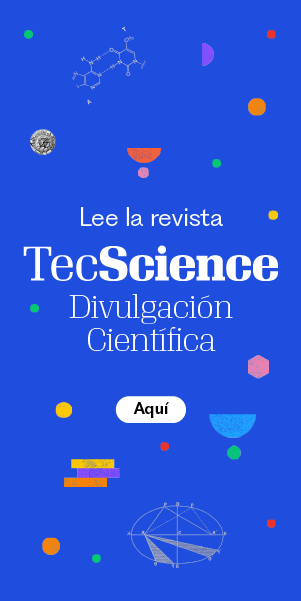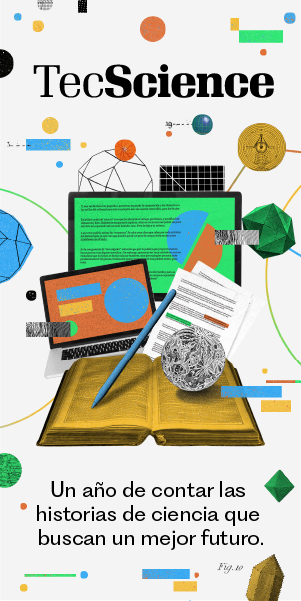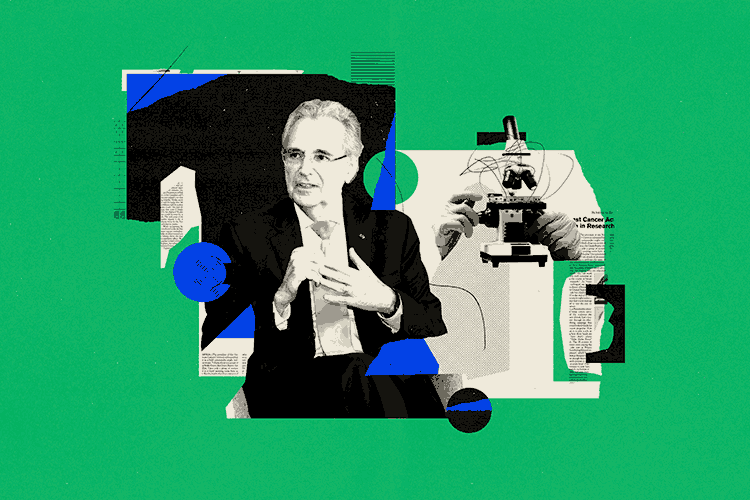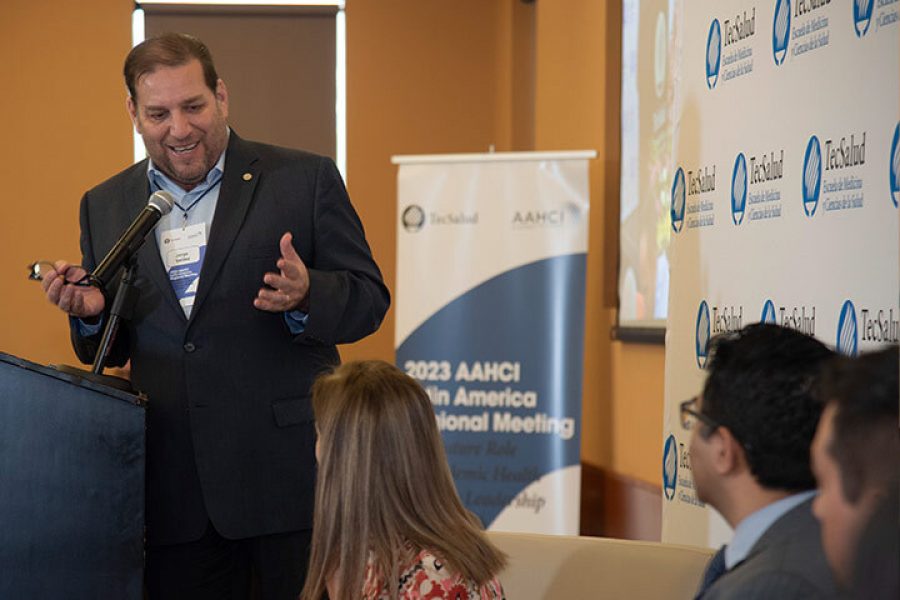Since his youth, José Alejandro Madrigal believes that he didn’t choose medicine… but medicine had chosen him. As a result, he began his adventure to specialize in cancer therapies.
From that moment on, he committed his life to studying and battling the disease, which affects millions of people worldwide. He has helped people survive leukemia and other cancers through cell reprogramming, which he regards as virtually miraculous.
His efforts were rewarded with the “Officer of the Most Excellent Order of the British Empire” decoration, which the British monarchy confers on distinguished civilians and members of the British armed services.
Madrigal was born in Mexico and has worked at a young age to support himself and his family. In addition, he had to deal with dyslexia and marginalization since he is left-handed.
He attended the National Autonomous University of Mexico in the mornings and worked in the evenings. Despite his limited resources, his hard work, devotion, and even the newspaper he used to patch the holes in his shoes all contributed to his admission to prominent colleges such as Harvard, Stanford, and University College London, where he now teaches. He also directs the Anthony Nolan Research Institute and served as president of the European Society for Blood and Marrow Transplantation.
In an interview with TecScience, he addresses the difficulty of these new medicines, some of their hazards, and the potential to save millions of lives from this disease.
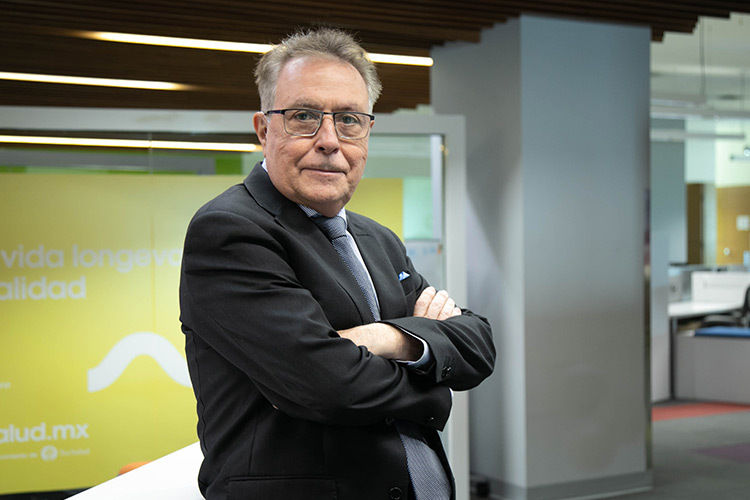
Wake Up the Cells to Fight Against Cancer
Madrigal views cell therapy to be one of the most significant achievements in the fight against cancer.
These operations have been conducted since the 1950s, and they were the catalyst for the first bone marrow transplants.
One of his greatest inspirations is Shirley Nolan, a woman who took to the streets to find donors for her son Anthony, who had leukemia, held demonstrations in front of the Prime Minister’s residence and was even detained by British police, who were inspired by her fight and later registered as donors to save lives.
“She was the one who came up with the idea of being a bone marrow donor. She achieved this despite not having any resources and not being a doctor. Unfortunately, Anthony died, but by then, three or four people had been saved, and the course of the world had been altered, all thanks to a mother who was determined to save her son,” he says with a smile.
Since then, research and therapies have advanced, progressing through chemotherapies and radiotherapy to the present day, where they seek to perform transplants that replace a cancer patient’s immune system, a procedure that requires compatibility between the patient and the donor and to which Madrigal has dedicated his life.
Now, he is working on novel treatments that attempt to awaken a cancer patient’s immune system, where lymphocytes – the cells responsible for destroying tumor cells – are there but do not attack the tumor, but rather remain repressed, as if asleep.
Madrigal’s CAR-T cell therapy tries to remove cells from the body that have failed to detect and attack cancer or have been suppressed by a protein produced by the presence of the tumor.
The cells are then separated in a laboratory and transformed into “cancer eliminators” by introducing a gene via a “carrier”.
Almost a Miracle
Madrigal explains that these transformed cells are reintroduced into the patient and begin to fight the disease, saving lives and boosting survival rates in some forms of cancer by up to 90% in nations like Germany, Finland, and the United States.
Madrigal demonstrates this with a squad of police officers who, instead of patrolling and monitoring, remain passive and do not halt threats, but are withdrawn, trained, and given new weapons and are now able to execute their jobs.
“The outcome is astounding, almost miraculous. A patient who was already terminal, who had triple treatments for tumors, lymphomas, or multiple myelomas, in two weeks (from this treatment), we can send him home disease-free,” Madrigal stated during his talk at the Tec Science Summit 2024.
This medication is used in people with leukemia, lymphoma, or multiple myeloma, but it has also been explored in other cancers, including autoimmune disorders like lupus and amyotrophic lateral sclerosis.
What is the Next Step in these Therapies?
Madrigal believes that cell treatments have the potential to be one of the most fundamental advancements in medicine.
“Generally, CAR-T treatments are performed outside the body, but clinical trials are already being carried out inside the body. This must be under close supervision by regulatory agencies because there is a risk of modifying a gene, which can create a mutation and other alterations.”
Another topic he emphasizes is the astronomical cost, which he describes as one of the most difficult aspects of his work: there is still no facility in Mexico where these treatments can be conducted and they may end up costing half a million dollars.
However, Madrigal’s team’s study aims to modify this perception.
The Last Frontier
The new therapies will involve the utilization of numerous “carriers,” similar to a cargo train with wagons, into which various materials can enter to modify the cells at the same time, and will be particularly useful for patients with multiple disorders or more complex diseases.
“The field is likely to develop substantially. At some time, we may be able to avoid having to do these therapies individually for each patient and instead have a bank of cells that are already loaded and ready to use.”
Suddenly, Star Wars music fills the auditorium of the Tec de Monterrey Congress Center. The audience applauds while Madrigal speaks. He says that the next phase in his study is the last frontier.
“In this way, we can have cells in culture and destroy tumors, but another advantage is that treatment with CAR-T cells costs around half a million dollars per patient but these new cell treatments will cost approximately 8,000 Dollars”.
Madrigal adds that these cells might be securely moved to diverse regions of the world, presenting a possibility to transform cancer and other infectious illness treatments.
“But, above all, preventive healthcare will be critical in the future, as will discovering strategies to avoid obesity, smoking, and living a healthy lifestyle. I think that there will always be a method to enhance global health by directing these resources and therapies to the communities with the fewest resources,” he says.
